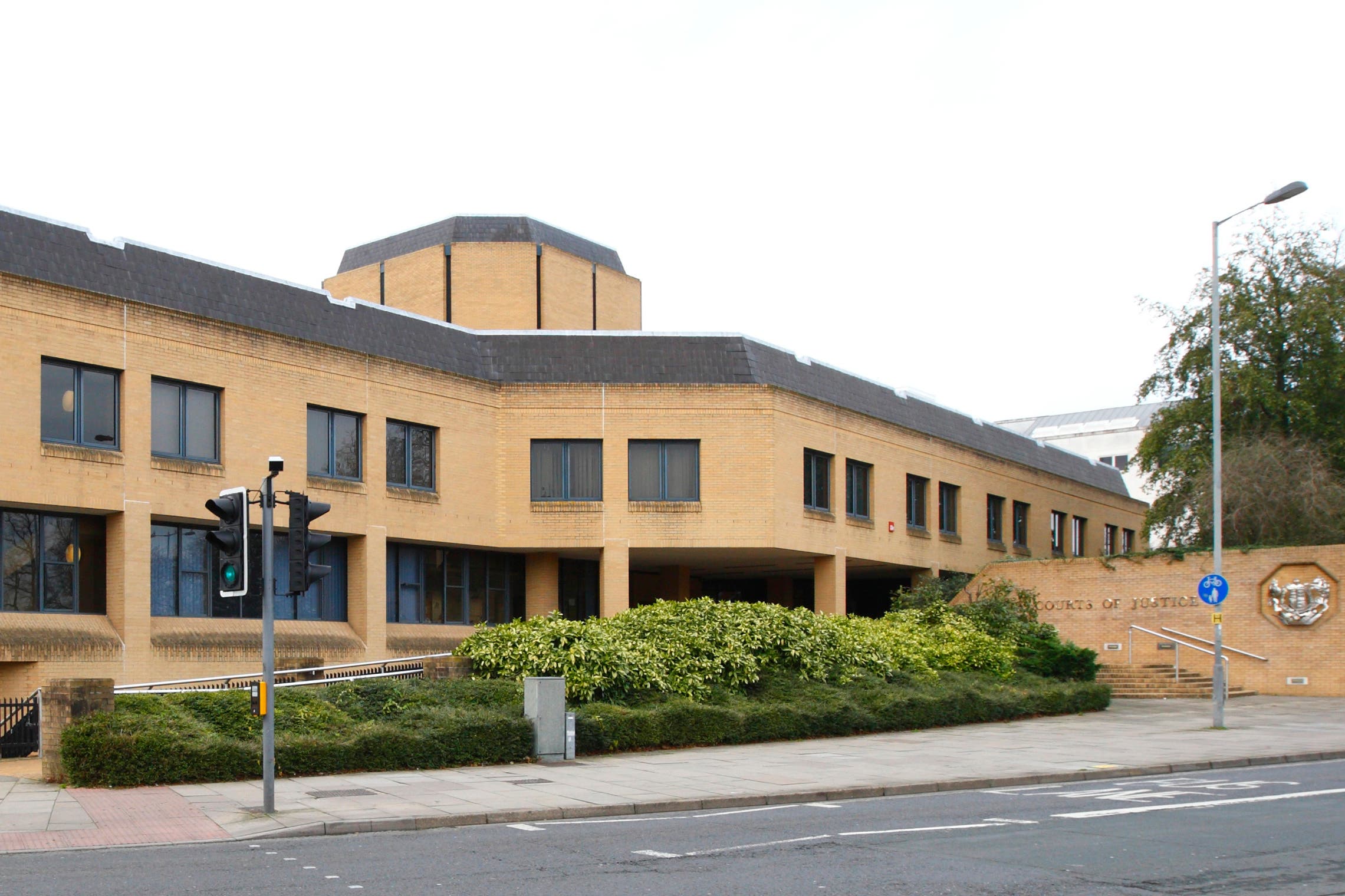Murder accused showed ‘genuine symptoms’ of psychosis, court hears
Vladimir Ivashikin, now 22, is accused of avoiding a murder conviction by lying about voices in his head.

A psychiatrist who assessed a young man accused of avoiding a murder conviction by lying about voices in his head said the defendant appeared “unwell” with “genuine symptoms” of psychosis, a court has heard.
Vladimir Ivashikin, then a 16-year-old A-level student, killed university lecturer Dr Barry Hounsome with electric drills, knives and a hammer in October 2018.
Ivashikin, now 22, told police afterwards he was hearing “voices” which had ordered him to kill his 54-year-old stepfather at their home in Gosport, Hampshire.
The army cadet was charged with murder, but after three psychiatrists diagnosed him as having at the time of the killing a “psychotic illness” he pleaded guilty to manslaughter by reason of diminished responsibility.
He was later sentenced to a hospital order with restrictions by a judge, but in 2022 the defendant disclosed to a nurse at the psychiatric unit where he was a patient that he had fabricated his psychotic symptoms, prompting a re-investigation and Ivashikin was charged with murder.
It’s always very difficult to entirely exclude that but in this case my clinical impression … was that these appeared to be genuine symptoms of psychosis
Defence witness Dr Bradley Hillier told jurors at Southampton Crown Court on Tuesday that he assessed Ivashikin in 2023 to find he had “significantly disordered” mental health with jumbled up thoughts and fast speech talking uninterrupted about “bizarre” themes relating to artificial intelligence and a covert group called ‘the Makers’ whom he believed were developing machines who had intelligence.
Asked if he was likely to be pretending, the psychiatrist said: “I thought it was unlikely in my experience when people sustain a presentation for a prolonged period of time, particularly one which is quite intense in Mr Ivashikin’s case, it’s usually less likely this is being malingered or feigned.
“It’s always very difficult to entirely exclude that but in this case my clinical impression … was that these appeared to be genuine symptoms of psychosis and disordered mental state on balance.”
Dr Hillier added Ivashikin had “no insight” that he was unwell or needed treatment for his condition.
The court heard that in 2018, Ivashikin showed no symptoms of holding delusional belief systems, whereas during Dr Hillier’s assessment in 2023 he also said he did not hear any voices at that time.
Asked if a patient’s psychosis symptoms can change over time, Dr Hillier said: “It’s not unusual, very important in fact how young Mr Ivashikin was when he first became unwell and we know in clinical practice, psychotic experiences … can present in different ways particularly, during early parts of their illness, and evolve over time.
“In my opinion, the fact his report of symptoms to me and beliefs when I saw him were different to that described at the time of the index offence does not in my view cause a concern.”
Asked by the prosecution to what extent the three psychiatrists who initially diagnosed Ivashikin would have relied on what he said, Dr Hillier said they were “very experienced” psychiatrists who assess people for criminal proceedings and would not rely on what somebody says to be true.
He said he had “no doubt” their findings considered a range of information, and “not just what he told them”.
The trial had heard that Dr Hounsome was attacked from behind as he sat working at his desk and suffered a “sustained and extreme” assault from a number of weapons such as knives, a hammer and an electric drill.
Ivashikin left notes, including one to his mother, and made a video confession before destroying a hard drive, USB stick and mobile phone in a microwave.
The defendant, previously of Southcroft Road, Gosport, denies murder but admits manslaughter by reason of diminished responsibility.
The trial continues.
